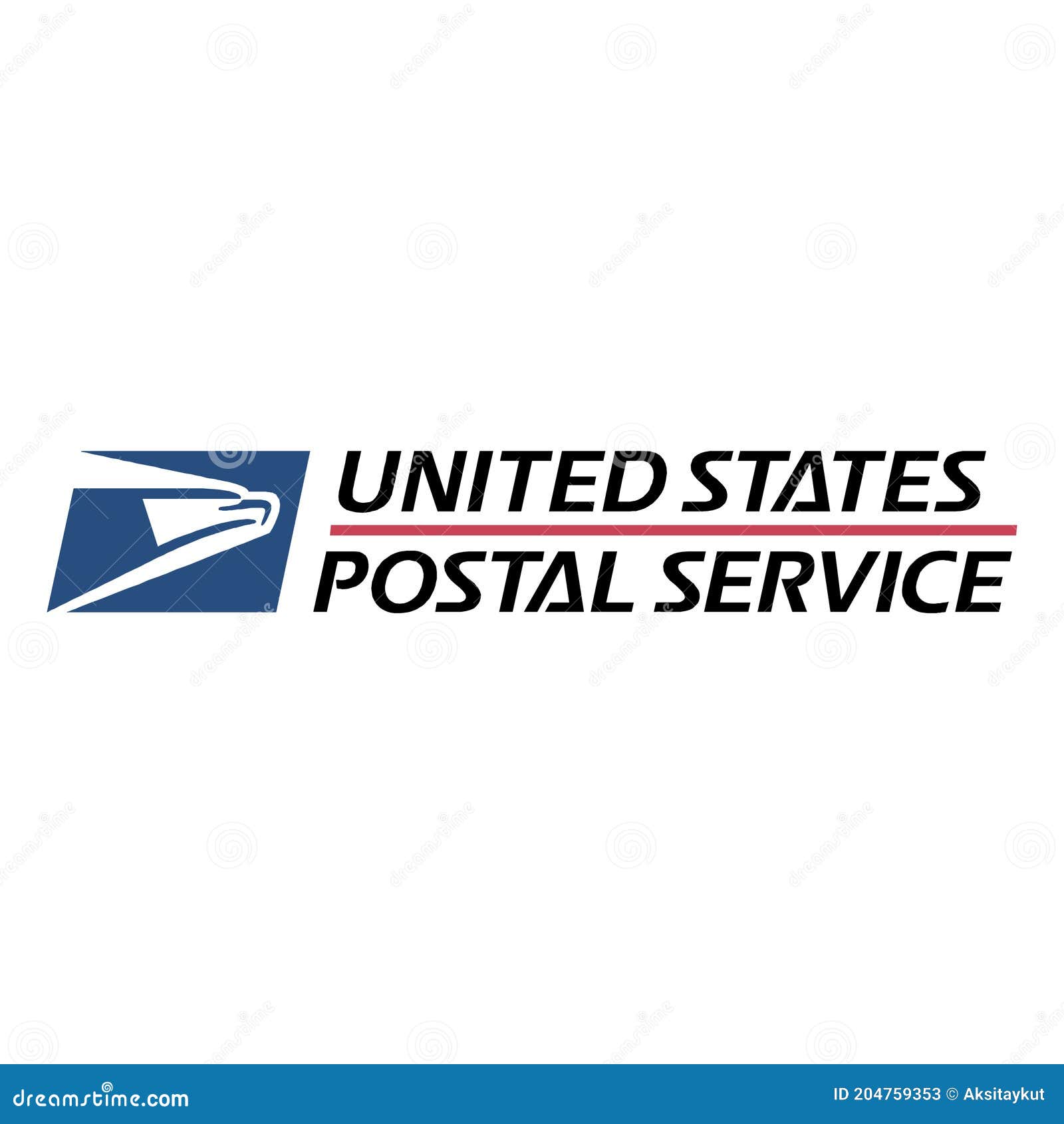Is USPS A Government Agency? Uncovering The Truth Behind The United States Postal Service
Is USPS a government agency? This question has sparked curiosity among many Americans, especially those who rely on its services daily. While the United States Postal Service (USPS) plays a vital role in delivering mail and packages across the nation, its classification as a government agency is often misunderstood. Understanding its structure and operations can provide clarity on this topic. USPS operates as an independent establishment of the executive branch, but its unique status sets it apart from traditional government agencies.
The United States Postal Service traces its origins back to 1775 when Benjamin Franklin became the first Postmaster General. Over the centuries, it has evolved into a cornerstone of American infrastructure, ensuring communication and commerce flow seamlessly. Despite its historical ties to the federal government, the USPS functions differently today. It is self-sustaining, relying on revenue from postage and services rather than taxpayer dollars. This hybrid model raises questions about its classification as a government entity.
While USPS shares some characteristics with government agencies, such as its mandate to serve all Americans regardless of geography, it also operates with a level of autonomy. This blend of public service and private enterprise creates confusion for many. To fully grasp whether USPS qualifies as a government agency, it’s essential to explore its legal framework, funding mechanisms, and operational independence. Let’s dive deeper into these aspects and uncover the truth.
Read also:Jameliz Benite A Rising Star In The Entertainment Industry
Table of Contents
- Is USPS a Government Agency?
- How Does USPS Operate as an Independent Entity?
- What Is the History Behind USPS?
- How Is USPS Funded?
- What Sets USPS Apart from Other Agencies?
- What Is the Legal Status of USPS?
- How Does USPS Impact Daily Life?
- What Are Common Misconceptions About USPS?
- What Does the Future Hold for USPS?
- Frequently Asked Questions About USPS
Is USPS a Government Agency?
The classification of USPS as a government agency is a topic of debate. Officially, the United States Postal Service is an independent establishment of the executive branch of the federal government. However, unlike traditional agencies like the Department of Defense or the Environmental Protection Agency, USPS operates with significant autonomy. It generates its own revenue through postage sales and does not rely on congressional appropriations.
One reason for the confusion lies in its governance structure. The USPS is overseen by a Board of Governors, which includes presidential appointees and representatives from the postal workforce. This setup allows it to function independently while still adhering to federal laws and regulations. Despite this independence, USPS remains subject to oversight by Congress, which retains the authority to regulate its activities.
So, is USPS a government agency? The answer is nuanced. While it holds a unique position within the federal framework, it operates more like a quasi-governmental organization. This hybrid model ensures that USPS fulfills its universal service obligation while maintaining financial sustainability.
How Does USPS Operate as an Independent Entity?
Understanding how USPS operates sheds light on its classification. Unlike other government agencies, USPS is required by law to cover its costs through the sale of postage stamps, shipping services, and other products. This self-funding model distinguishes it from entities that depend on taxpayer money.
Here’s a breakdown of how USPS functions independently:
- Revenue Generation: USPS earns income primarily through postage fees, package deliveries, and additional services like money orders.
- Operational Autonomy: While subject to congressional oversight, USPS has the freedom to manage its workforce, set prices, and implement operational strategies.
- Universal Service Obligation: Despite its independence, USPS must provide affordable services to every address in the United States, including remote areas.
What Is the History Behind USPS?
The origins of USPS date back to colonial America. Benjamin Franklin played a pivotal role in establishing the postal system, recognizing its importance for communication and commerce. Since then, USPS has grown into one of the largest and most reliable postal services globally.
Read also:What Are Megnuut S Discover Their Impact And Benefits
Key milestones in USPS history include:
- 1775: Benjamin Franklin appointed as the first Postmaster General.
- 1847: Introduction of postage stamps to simplify mail processing.
- 1970: Transformation into the United States Postal Service under the Postal Reorganization Act.
How Is USPS Funded?
One of the most distinctive features of USPS is its funding model. Unlike traditional government agencies, USPS does not receive direct funding from taxpayers. Instead, it relies entirely on the revenue generated from its services.
Here’s a closer look at its financial structure:
- Postage Revenue: The primary source of income comes from selling stamps and shipping services.
- Additional Services: USPS offers money orders, passport applications, and other ancillary services that contribute to its revenue.
- Debt and Borrowing: In recent years, financial challenges have forced USPS to borrow funds to meet operational needs.
What Sets USPS Apart from Other Agencies?
When comparing USPS to other government agencies, several key differences stand out. These distinctions highlight why the question “is USPS a government agency?” remains so contentious.
Key Differences:
- Revenue Model: USPS is self-funded, while most agencies rely on federal budgets.
- Operational Flexibility: USPS has more autonomy in decision-making compared to traditional agencies.
- Public Service Mandate: Despite its independence, USPS is legally obligated to serve all Americans equally.
What Is the Legal Status of USPS?
Legally, USPS is considered an independent establishment of the executive branch. This designation grants it a unique position within the federal government. However, its operations are governed by specific statutes, including the Postal Reorganization Act of 1970.
This act transformed the Post Office Department into the modern-day USPS, emphasizing its independence while retaining oversight by Congress. The legal framework ensures that USPS adheres to federal laws while maintaining the flexibility to adapt to market demands.
How Does USPS Impact Daily Life?
USPS plays a critical role in the lives of millions of Americans. From delivering letters and packages to supporting small businesses, its impact is far-reaching.
Examples of Impact:
- Mail Delivery: Ensures communication between individuals and organizations.
- E-commerce Support: Facilitates the growth of online businesses by providing affordable shipping options.
- Community Connection: Serves rural and underserved areas, fostering inclusivity.
What Are Common Misconceptions About USPS?
Several misconceptions surround the question “is USPS a government agency?” Addressing these myths can help clarify its role and function.
Common Misconceptions:
- USPS is Fully Privatized: While it operates independently, USPS remains part of the federal government.
- It Receives Taxpayer Funding: USPS is entirely self-funded through its services.
- It’s Just Like Any Other Agency: Its hybrid structure sets it apart from traditional government entities.
What Does the Future Hold for USPS?
The future of USPS is a topic of ongoing discussion. As technology advances and consumer preferences shift, USPS faces both challenges and opportunities.
Potential Developments:
- Modernization Efforts: Investments in technology to improve efficiency and reduce costs.
- Sustainability Initiatives: Adoption of eco-friendly practices to align with global trends.
- Legislative Changes: Possible reforms to address financial and operational hurdles.
Frequently Asked Questions About USPS
1. Is USPS a government agency?
Yes, USPS is an independent establishment of the executive branch, but it operates with significant autonomy.
2. Does USPS receive taxpayer funding?
No, USPS is self-funded through revenue generated from postage and services.
3. What makes USPS different from private courier services?
USPS is legally obligated to serve all Americans, including those in remote areas, at uniform rates.
4. Can USPS go bankrupt?
While USPS faces financial challenges, it cannot declare bankruptcy due to its status as a federal entity.
5. How does USPS impact rural communities?
USPS ensures that even the most remote areas have access to affordable mail and package delivery services.
Article Recommendations

